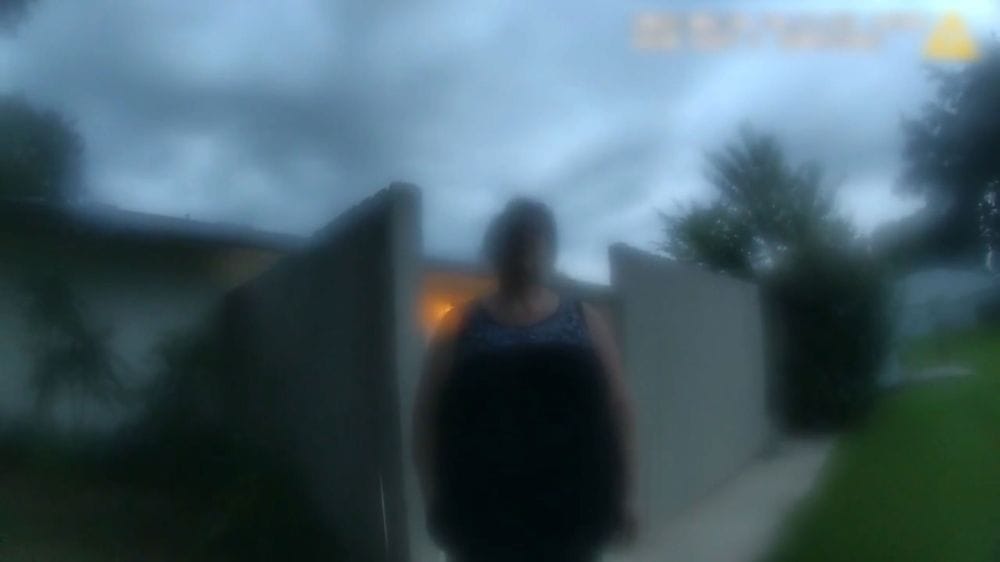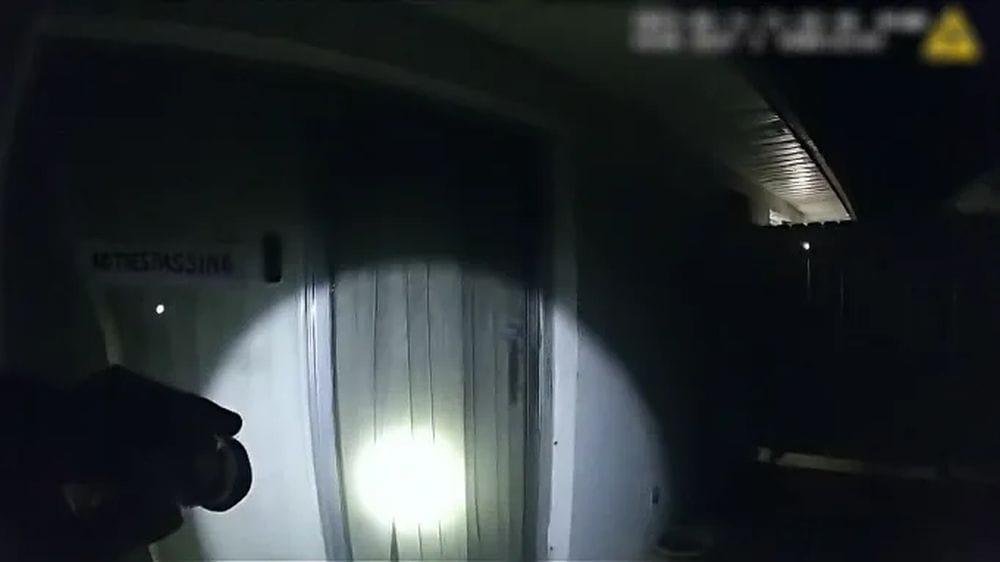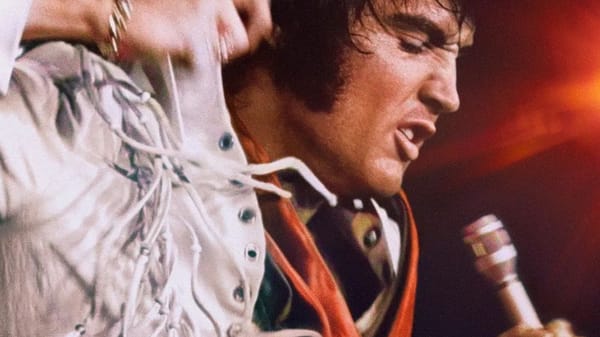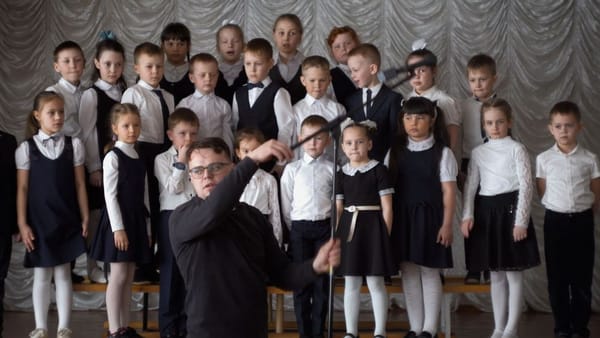Sydney Film Festival – The Perfect Neighbor (dir. Geeta Gandbhir)

When I commented on Bill Morrison’s shoulda-been-Oscar-winning short film Incident from last year, I said that I was “surprised more filmmakers don’t use this, I guess, 24-style editing in documentary.” I was referring to the way single sequences unfold across multiple points of view to tell a story (essentially) in real time. That film—crushing, heartbreaking, infuriating, incredible—allowed for a canny way of incorporating Morrison’s particular brand of found footage filmmaking but upgraded to the modern age; replacing the fried, bespeckled and deteriorating nitrate film and decaying celluloid with CCTV video and police bodycam footage (ironically, less likely to last 100 years!). The villain of that film were the police, clearly caught shooting an African American men in cold blood right there on a city street
The villain in The Perfect Neighbor is not the police. In fact, it’s one of the specific intrigues of Geeta Gandbhir’s film that the police (in this case, the Marion County Sheriff’s Department in Florida) come off relatively okay although that’s likely more out of the conceit of the film’s structure than the realities of the case and how it all unfolded. No, instead, the villain of Gandbhir’s film is Susan Lorincz. A ‘Karen’ (the characters even describe her as such (“the Karen called” says one referring to her incessant telephone calls to the police) who uses her seemingly benign white lady image to hide a seething and persistent strand of racism. In one scene she says “those people” as if we’re not aware what she could possibly mean. In another, detectives ask her whether she has ever used the n-word, to which she provides a stunning monologue about the particulars of that word and just when and why she might, by accident or chance, use it publicly.
The story of The Perfect Neighbor unfolds with upsetting predictability. Increasingly at wits end over the sound of children playing around her home, a series of escalating confrontations results in the murder of mother-of-four Ajike Owens by Susan Lorincz. A black woman, Owens are predictably presented as a violent, threatening force that allowed Lorincz to put forward a “stand your ground” defence. Thankfully, Gandbhir allows us to see largely for ourselves the events leading up to and then after Owens’ murder. Primarily using police bodycam video in its first half, and then police interrogation videos and news reports in the second. Like Incident, it allows for a point-of-view that, at least on the surface, comes across as neutral. You can’t argue with the video. Of course, viewers should always have healthy scepticism and there are some important, if subtle, edits here that remind us there can always be more to the story (one even elicits a genuine laugh). Still, like a jury, it isn’t hard to put two and two together and so while the film is obviously decidedly of the belief that this was indeed murder (or, I suppose, manslaughter as Lorincz was charged), it appears quite reasonable that The Perfect Neighbor can be watched in good faith.

Which is why the portrayal of the Sheriff’s Office is so particularly interesting. Various uniformed officers are seen throughout the movie responding to Lorincz’s calls. Early on, one says, “You have the same rights as she has” to the white woman in regards to where an eleven-year-old child can go in regards to property, which is kind of interesting if you really think about it for more than a second or two. Others seem kind, understanding and sympathetic to the children. As another officer says, better they be running around in the street and having fun outdoors than on TikTok. Could the police have done more about this ‘Karen’ to have allowed it to not reach the deadly point that it did. Almost certainly. It’s kind of wild that nobody thought to ask or do a check to see if she had a gun license! But that might be the goal of a different film entirely and so its up to the viewer to navigate that path independently. I don’t think there is inherently anything wrong with that.
Similarly, the way Gandbhir and editor Viridiana Lieberman have constructed their film means it cannot address the broader reality of black existence that lingers over its subjects. The knowledge that stories like Ajike Owens are not as rare as they ought to be. The movie’s final title cards suggest a larger story that goes almost entirely undiscussed, even in the second half where more news report footage is utilised. That of black people being statistically more likely to be the victim of these Stand Your Ground laws. Laws that, in their fucked-up way, seems to give many millions of Americans the right to kill somebody if somebody speaks to them in a raised voice. And why must these innocent people continue to die for the fragility of white racism?
But while neither of those strands are addressed directly, that’s one of the great things about The Perfect Neighbor. We are smart enough to be able to consider these things without shoehorning them in. At just a taut 96-minutes where even the end credits play out over more material, this film has its mission and achieves it marvellously. If, as there was at my Sydney Film Festival screening, some audiences experience uncomfortable laughter early on (of the ‘gee, this woman is cra-aazy’ variety), then it soon sharply veers into steely silence as the life-altering effects of Lorincz’s crime unfold in just-as-uncomfortable matter-of-factness. Police bodycams catching the moments various individuals that we have come to know through its early passages learn of this woman’s death; as the street becomes another all-too-common crime scene of a United States of America. Although I suspect some audiences may bristle at its neatness, I found it powerful stuff that won’t be forgotten too easily. Especially as it allows for so much post-credits thought to be had about what Gandbhir chooses to include and what to exclude. And whether she uses the film’s structure as a shield. As one should expect from a film about this type of subject, it’s thorny stuff! And the sort of stuff you won’t soon forget—even once Netflix’s algorithm pops up asking if you’d like to watch The Perfect Couple next when it lands on the streamer later this year.
If you would like to support documentary and non-fiction film criticism, please consider donating by clicking the above link. Any help allows me to continue to do this, supports independent writing that is free of Artificial Intelligence, and is done purely for the love of it.



